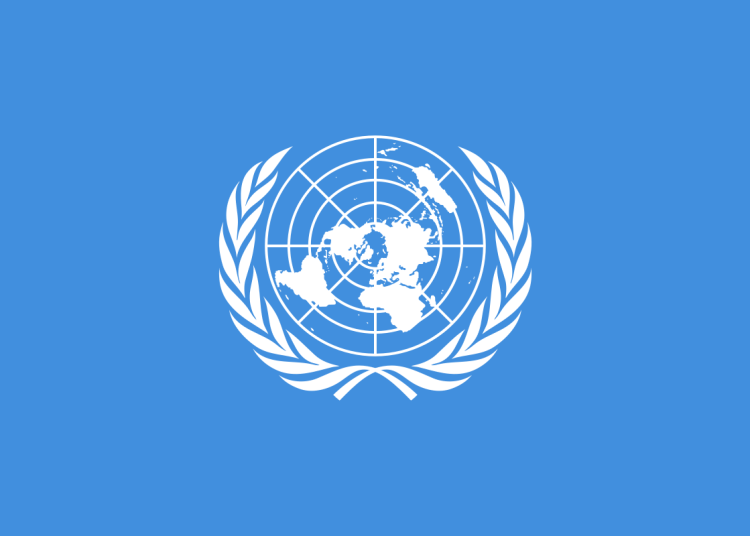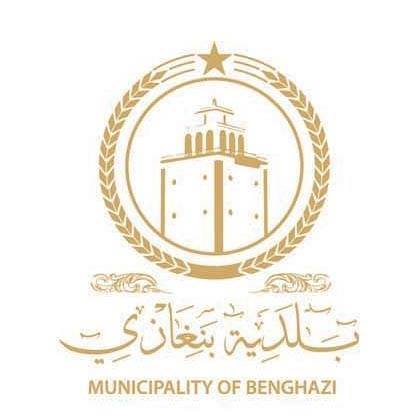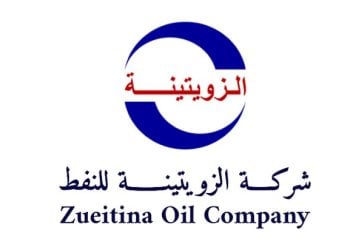UN Libya published a study in May that it says provides an in-depth analysis of Libya’s socio-economic landscape, highlighting key social, political, and economic trends, vulnerabilities, and policy gaps that require urgent attention.
The study says Libya, a resource-rich nation strategically located in North Africa, continues to grapple with significant socio-economic challenges shaped by prolonged political instability and division, fragmented governance, and an overreliance on hydrocarbon revenues.
Libya’s demographic structure presents a mixed outlook. With a population of approximately 7.2 million, the country has a relatively high working-age population (66 percent) that offers economic potential. However, the country does not manage to tap into this potential, with an unemployment rate of 15 percent and youth unemployment soaring to 48 percent, exacerbated by a mismatch between educational outcomes and labour market needs. The labour market also suffers from a stark men and women gap, with women significantly underrepresented in the workforce.
Despite positive urbanisation trends, with 82 percent of the population residing in cities, Libya faces major infrastructure and service delivery challenges. The internal displacement crisis, largely driven by conflict, has strained social systems, particularly in urban areas. Furthermore, the country remains a key transit hub for migrants from sub-Saharan Africa, adding additional layers of complexity to an already fragile social environment and infrastructure.
Libya’s economic trajectory has been volatile, driven by fluctuating oil production and price shocks. The country experienced a GDP contraction of 60 percent in 2011 due to the armed conflict but rebounded with periods of recovery. However, heavy reliance on hydrocarbons—accounting for over 90 percent of government revenues—leaves Libya vulnerable to global oil market fluctuations and internal disputes over resource management. While 2023 saw economic growth of 12.6 percent, the outlook for 2025 remains uncertain due to governance disputes and oil sector instability.
Libya’s monetary and fiscal policies remain constrained by excessive government expenditure on salaries and subsidies, which consume over 70 percent of public revenues. Inflationary pressures persist, fuelled by currency depreciation and weak financial sector confidence. Despite the announced reunification process of the Central Bank of Libya (CBL) in 2023, fiscal imbalances and political interference continue to undermine macroeconomic stability.
International trade is dominated by hydrocarbons, with key export markets including Italy, China, and Spain. The country’s import profile—marked by a heavy reliance on consumer goods and essential commodities—underscores the urgency for economic diversification. Although Libya possesses substantial potential in sectors such as renewable energy (with abundant solar resources), modern agriculture, telecommunications, and tourism, political instability and inadequate infrastructure continue to deter both domestic and foreign investment. Reforms aimed at diversifying the economy, strengthening the private sector, and modernising infrastructure are imperative for reducing vulnerabilities and fostering sustainable development.
The study concludes that achieving long-term stability and prosperity in Libya hinges on a multifaceted reform agenda that addresses political, economic, and social challenges. Political reconciliation is crucial to overcoming institutional fragmentation and restoring public trust through the establishment of a unified, accountable government.
Economic diversification is equally vital, as shifting away from excessive dependence on oil by nurturing alternative sectors—such as agriculture, manufacturing, renewable energy, and digital services—can help stabilise growth and reduce vulnerability to external shocks.
Fiscal and monetary reforms must be pursued, including the implementation of a balanced budget law, the rationalisation of subsidies, and enhanced coordination between fiscal and monetary authorities to ensure macroeconomic stability.
Social investment is necessary to tackle high unemployment, especially among youth and women, by reforming education and vocational training systems, improving urban infrastructure, and expanding social protection mechanisms to support the most vulnerable populations.
Additionally, strengthening international and regional engagement can bring much-needed technical assistance, boost investment, and facilitate post-conflict recovery.









